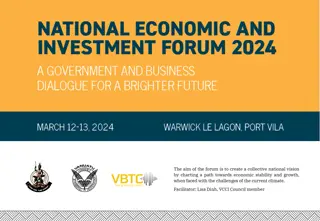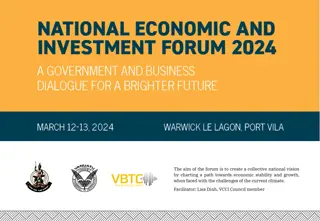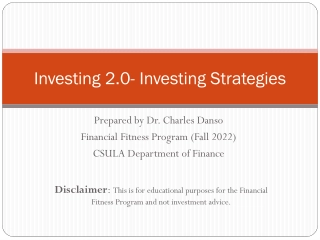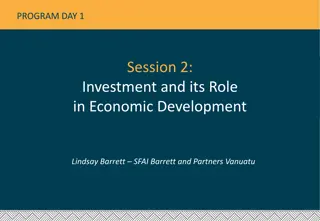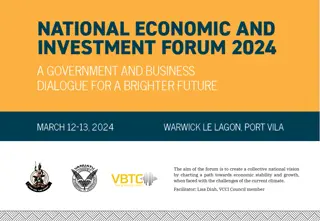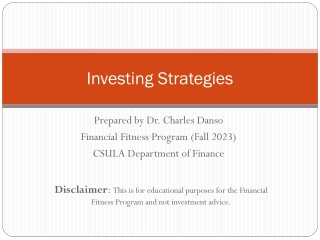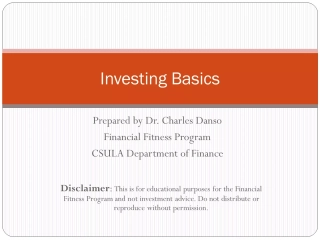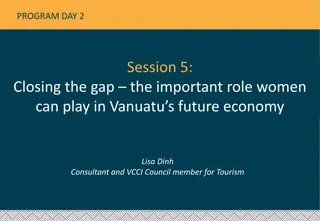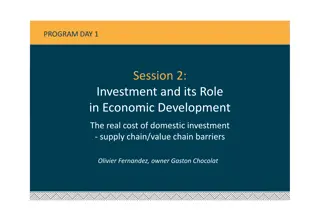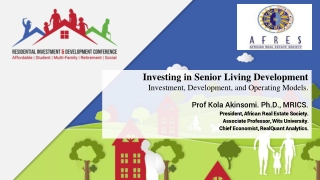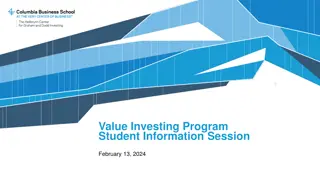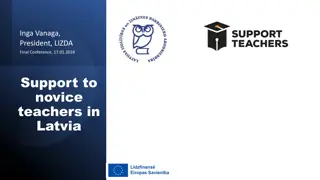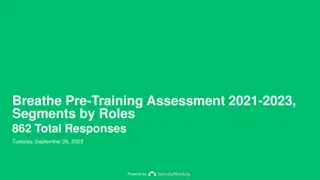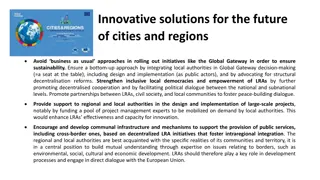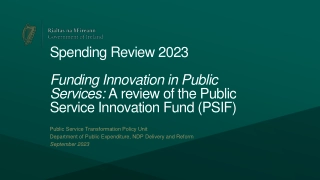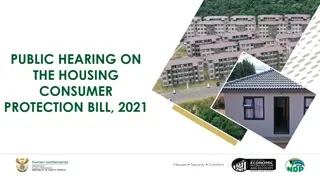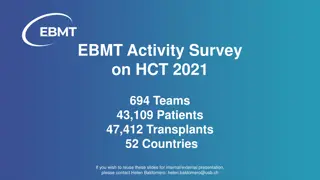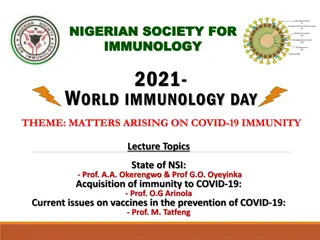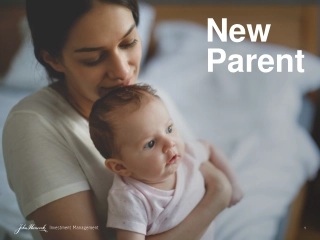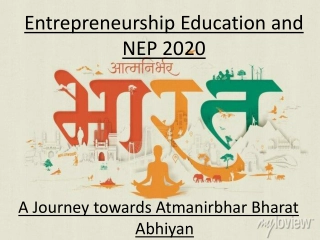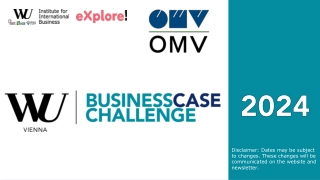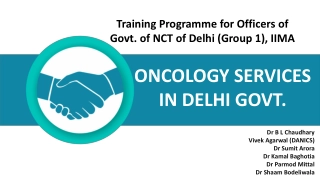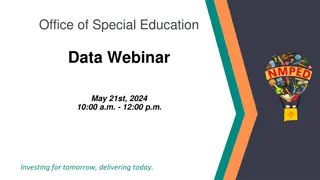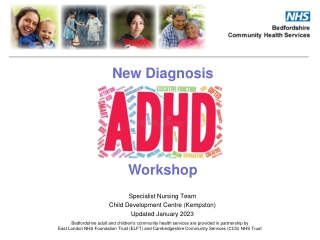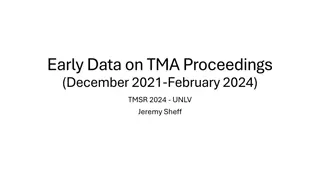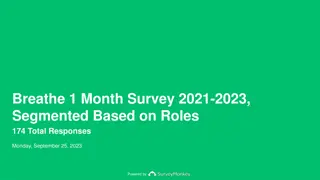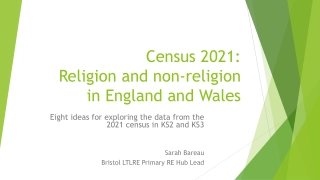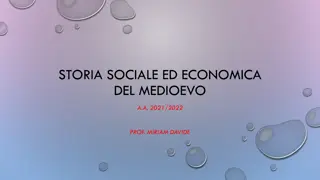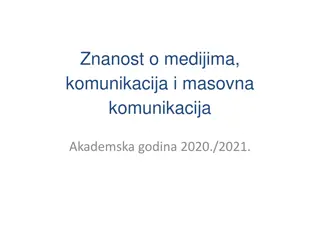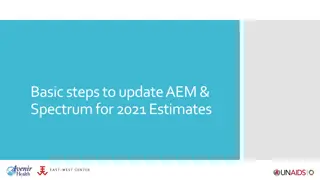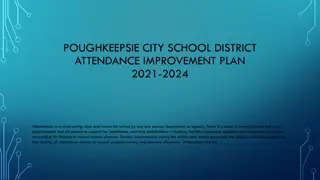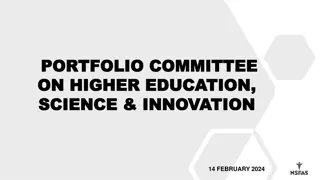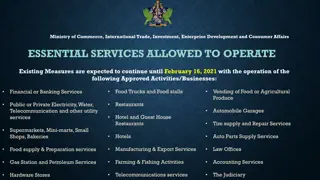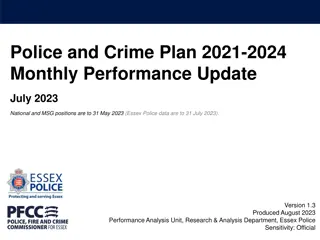Investing in a Skilled Future: Insights from PILNA 2021 in Vanuatu
Explore the detailed assessment findings from PILNA 2021 in Vanuatu, focusing on literacy and numeracy levels among Year 4 and Year 6 students. Discover the comparison with regional performance, trends over the years, and key messages derived from the assessment data. Uncover the disparities between boys and girls in reading and numeracy proficiency levels, and the implications for ongoing educational efforts in the Pacific region.
Download Presentation
Please find below an Image/Link to download the presentation.
The content on the website is provided AS IS for your information and personal use only. It may not be sold, licensed, or shared on other websites without obtaining consent from the author. Download presentation by click this link. If you encounter any issues during the download, it is possible that the publisher has removed the file from their server.
Presentation Transcript
PROGRAM DAY 2 Session 6: Investing in a Skilled Future Torika Taoi, Team Leader of the Pacific Community's Large Scale Assessment Programme
Session 6: Investing in a Skilled Future The real story - literacy and numeracy in Vanuatu Background The overarching purpose of PILNA as a long-term Pacific-wide regional assessment is to generate cognitive and contextual data that can be used to facilitate ongoing collaborative efforts to monitor and improve learning outcomes for children in Pacific Island countries.
Session 6: Investing in a Skilled Future The real story - literacy and numeracy in Vanuatu PERFORMANCE IN READING AND NUMERACY DOMAIN Percentage of students at or above the expected minimum proficiency levels (PILNA 2021) Year 4 Year 6 Numeracy 58% 73% Reading 21% 50% COMPARING PERFORMANCE BETWEEN BOYS AND GIRLS IN READING AND NUMERACY Proportion of students at or above the minimum expected proficiency level PILNA 2021 Domain YEAR 4 YEAR 6 Boys 52% 17% Girls Boys 66% 41% Girls Numeracy 64% 79% Reading 25% 59%
Session 6: Investing in a Skilled Future The real story - literacy and numeracy in Vanuatu VANUATU PERFORMANCE COMPARED TO THE REGION Percentage of students at or above the minimum expected proficiency level (PILNA 2021) Domain YEAR 4 YEAR 6 Vanuatu 58% 21% Region Vanuatu 73% 50% Region Numeracy 67% 72% Reading 43% 53%
Session 6: Investing in a Skilled Future The real story - literacy and numeracy in Vanuatu Trend Performance PILNA Cycles Percentage of students at or above the minimum expected proficiency level YEAR 4 YEAR 6 Domain 2015 2018 2021 2015 2018 2021 88% 79% 58% 75% 85% 73% Numeracy 28%* 28%* 21% 56%* 66%* 50% Reading * Literacy (Reading and Writing together) Domain YEAR 4 Mean scores YEAR 6 Mean scores 2015 2018 2021 2015 2018 2021 Numeracy 497 487 461 522 543 525 Reading 441 425 408 491 498 486
Session 6: Investing in a Skilled Future The real story - literacy and numeracy in Vanuatu Key messages from PILNA 2021 Year 4 performance (reading and numeracy) is lower than the region s performance. Year 6 performance (reading and numeracy) is on par with the region s performance. Greater proportion of Year 6 students reaching higher proficiency levels (Numeracy). Interpreting of information, inferring, critical thinking and problem-solving skills remain challenging for students. Significant positive association between early childhood education (ECE attendance) and achievement reading, writing, numeracy at Year 6 level. Half of the students in Vanuatu attended schools where school leaders reported a shortage of instructional materials and lack of qualified teachers as common factors hindering the school s capacity to provide instruction. Overall, teachers from Vanuatu were less confident in teaching literacy compared to the average across the region.
Session 6: Investing in a Skilled Future The real story - literacy and numeracy in Vanuatu Recommendations Investing in early childhood development is good for everyone governments, businesses, communities, parents and caregivers, and most of all, young children in Vanuatu. Enabling young children to achieve their full developmental potential is an essential requisite for sustainable development. Invest on children s reading /reading with understanding Provide supplementary training for teachers in the development and use of class-room based informal formative assessment, especially in literacy Provide instructional materials to support teachers in their teaching and students in their learning.
Session 6: Investing in a Skilled Future The real story - literacy and numeracy in Vanuatu Reading Intervention The Vanuatu Ministry (MoE) is encouraged to investigate the decline in student performance in Reading. This may have contributed to the drop in the performance of students in numeracy especially in solving problems. The Pacific Community (SPC) has partnered with T2L Education, from Melbourne and Ministry of Education to produce videos to support teachers across the Pacific Islands in teaching reading comprehension. Using the recommendations from PILNA analysis 2021, SPC/EQAP will work with MoE Vanuatu to create a series of videos demonstrating best practice in the teaching of reading comprehension.


